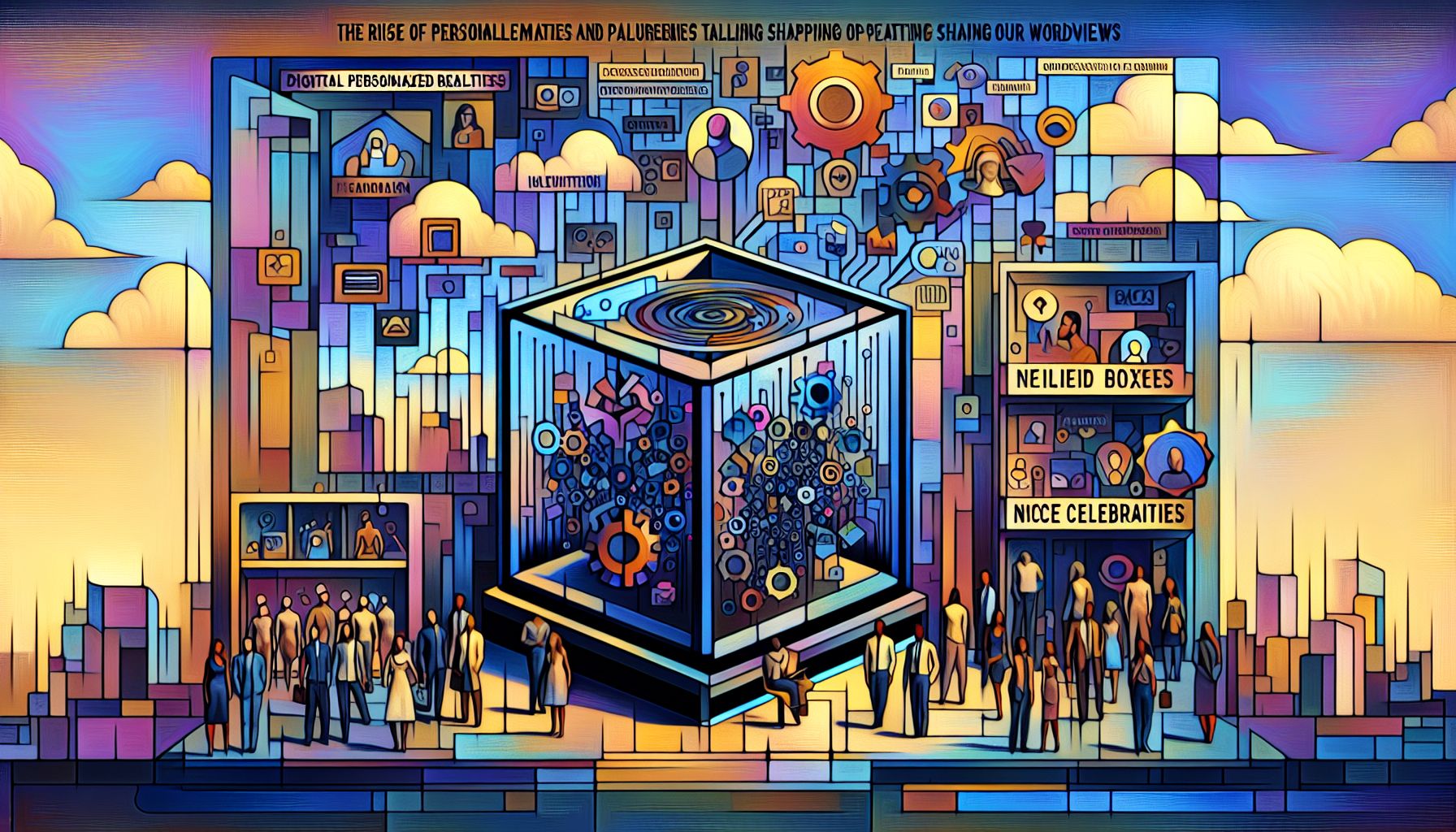The Rise of Personalized Realities: How Influencers and Algorithms Shape Our Worldviews

Global, Friday, 5 July 2024.
In an era of digital fragmentation, influencers and algorithms are crafting unique realities for individuals. This phenomenon, explored by disinformation researcher Renée DiResta, reveals how black boxes, niche celebrities, and online communities are increasingly shaping personal perceptions and societal views, potentially leading to deeply entrenched political identities and divergent realities.
The Mechanisms Behind Personalized Realities
The creation of these tailored realities is largely driven by sophisticated algorithms employed by social media platforms like Instagram. These algorithms are a combination of processes and classifiers designed to show users the most relevant content based on their preferences and interaction history. For instance, Instagram’s algorithm personalizes the user experience by analyzing factors such as post popularity, user activity, and interaction history, ensuring that no two users see the exact same content on their Explore page[1].
The Role of Influencers
Influencers play a crucial role in this personalization process. By leveraging their significant followings, influencers can engage with audiences in ways mainstream media often cannot. They contribute to the creation of ‘bespoke realities’ where followers are entrenched in specific niche political identities or interests. Influencers like Trump and Ali Alexander utilize social media platforms to amplify their messages and shape their followers’ realities, often bypassing traditional fact-checking mechanisms[2].
Impact on Political Discourse
This phenomenon has profound implications for political discourse. As DiResta points out, the rise of political disinformation is fueled by the rapid emergence of AI technologies, enabling the spread of tailored content that reinforces pre-existing beliefs. Americans now live in entirely different realities depending on where they get their news and information, a trend that has been exacerbated by the personalized nature of social media algorithms[3].
Adapting to Algorithm Changes
For influencers and brands, staying relevant amidst changing algorithms is a constant challenge. Experts like Dhananjay Bhongale and AJ Eckstein suggest diversifying influencer partnerships across platforms and emphasizing engagement metrics to navigate these changes effectively. By monitoring platform updates and analyzing shifts in metrics, influencers can adapt their strategies to maintain effectiveness and relevance[4].
Benefits and Future Outlook
Despite the challenges, the benefits of this innovation are significant. Personalized content can lead to higher engagement rates and more meaningful interactions between influencers and their audiences. For businesses, understanding and leveraging these algorithms can result in more targeted marketing efforts and better customer engagement. As platforms continue to evolve, staying informed about algorithm changes and adapting strategies accordingly will be crucial for success in the digital age[5].

